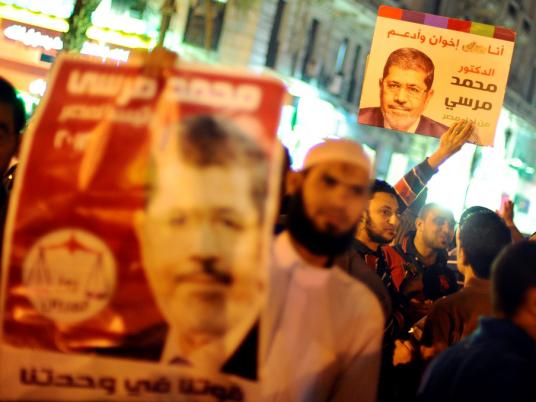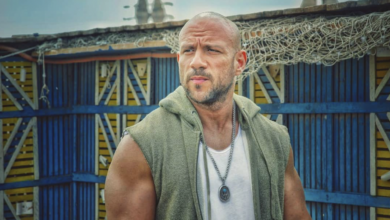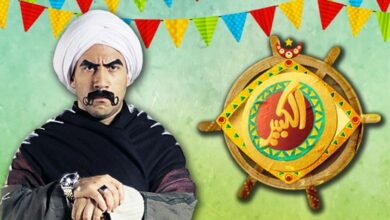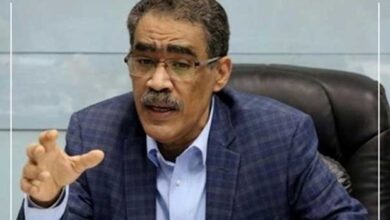
Muslim Brotherhood spokesperson Ahmed Aref said Tuesday that the group is working to ensure its operations and structure are in accordance with laws governing NGOs. The group’s legal committee is also considering changing the Brotherhood’s name to The Comprehensive Islamic Authority.
“The group is legalizing its status to accommodate the largest number of new members, and to be clearer to the public,” Aref said.“The new law is not only for NGOs but also for associations and foundations.”
He added that the new entity would be supervised by the Central Auditing Agency.
The Muslim Brotherhood was officially banned by former President Gamal Abdel Nasser in 1954. Its legal status is still in question, despite the group’s rise to power in parliamentary elections last year. Its candidate Mohamed Morsy won the presidency as well in June.
Justice Minister Ahmed Mekky admitted the Brotherhood’s legal status had not been resolved as of January, saying, “The group’s current situation is not the best. The law should be applied equally to everyone. The group should be a role model.”
The Brotherhood’s political arm, the Freedom and Justice Party, did not face the same obstacles and received party status in June 2011.
Before the 25 January revolution, former President Hosni Mubarak labeled the Brotherhood as a “prohibited group” under the Law 84 of 2002, which regulates NGOs. Legal experts describe the law as repressive since it targeted opposition and religious movements.
Now the Cabinet is seeking to replace it with a new draft law in the works.
Edited translation from Al-Masry Al-Youm




